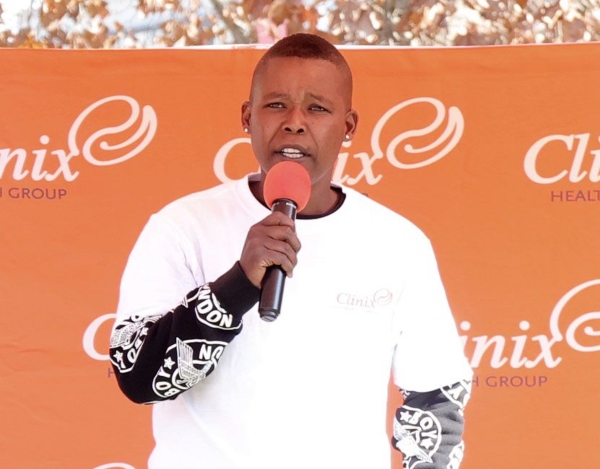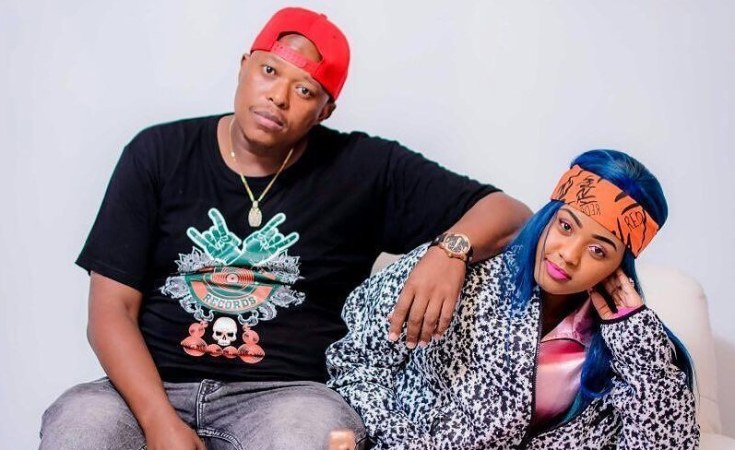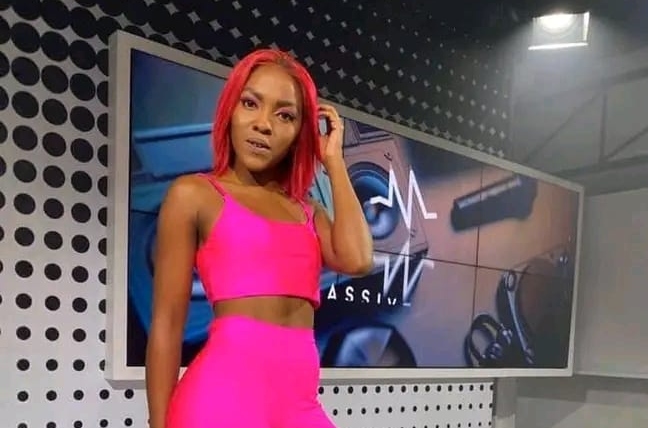She made history when she became the first African women's rugby player to turn professional in 2020. She is actively working to promote women's rugby and joined the inaugural South African Rugby Legends Association's (SARLA) development programme. This women's month, International female rugby player Babalwa Latsha (29) shares her life journey, the challenges, rewards, and childhood experience.
IDENTITY
Growing up in Khayelitsha in Cape Town, she did not imagine that she would ever be a rugby player. In fact, she felt out of place as a "big-built, and strong female' she says. Speaking at the Momentum Women In Sport Summit, she says. "I started playing rugby fairly late when I was doing my Law degree at university. Prior to that, I had no idea that women's rugby existed. So, I met a group of amazing women who roped me in, and I joined them purely out of curiosity at the time. But what kept me in the rugby space, especially at the early stages of my career was what I discovered.' She fell in love with the game while studying at the University Of the Western Cape and dominated the sport and inspired women across the country. "I saw myself in the woman that introduced me to the sport. I felt a certain belonging. For the first time, I wasn't weird. It was okay to be me. My physicality was celebrated. I could be strong and bad and that was okay.'
LOOKS AND APPEARANCE
Babalwa says that she has overcome many gender stereotypes and criticism. As her career elevated, she says she came to realise how important authenticity is. "I learned that I was resilient and stood my ground. The financial incentives of what I do became important but for me, it was never the driving force. My passion lies in advancing my community, the next generation, and more women like me. The only thing,' she said. Although she has no regrets, Babalwa wishes she had been more equipped in branding before. "Rugby is a team sport but I also celebrate my individual successes and there's nothing wrong with that. You need to build yourself first and also be a team player. I have learned to do that but haven't mastered it. I just wish I was advised better on how to brand myself. In the beginning, I knew who I was but I wasn't confident, I was worried about my appearance, wanted to fit in, and didn't look at my branding. That I meant that when I had to think about that, it needed a lot of soul searching,' she says. At 29 years old, she is counting the years to her retirement. "I have about six of seven more years. I am hoping my journey will last that long. Rugby is a contact sport and one prays not to be injured. I just hope to make a big difference and inspire others during this time.'







